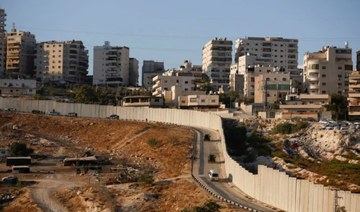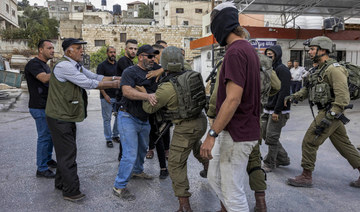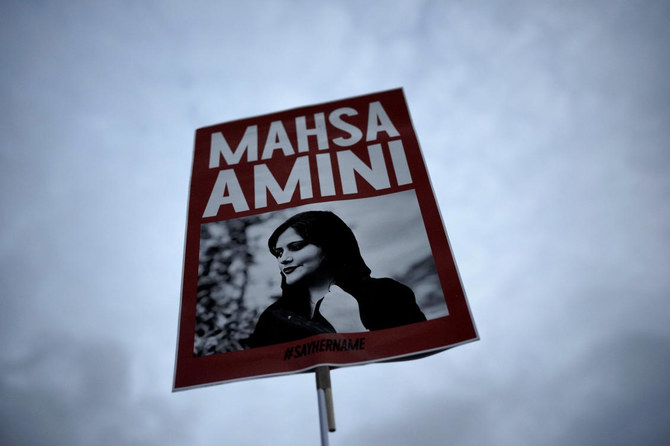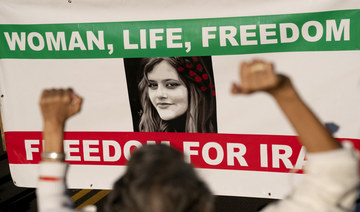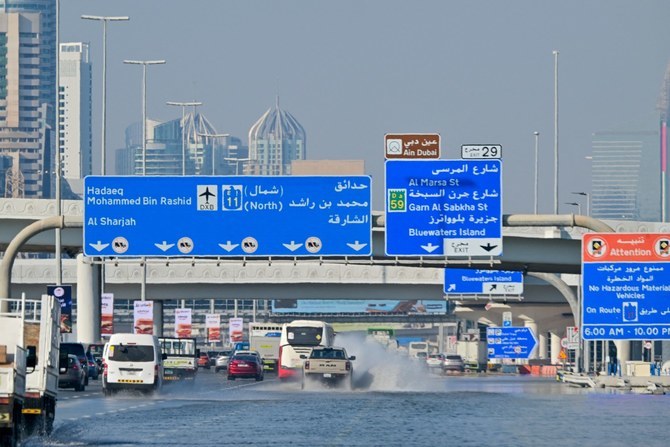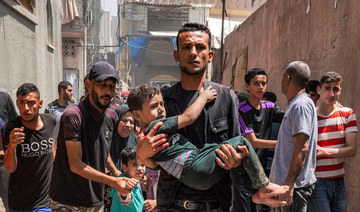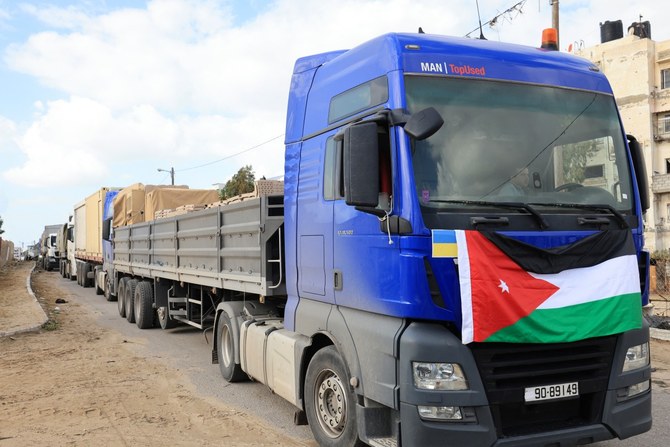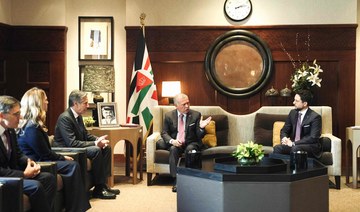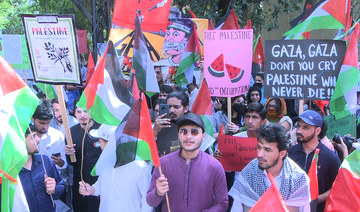RAMALLAH: The UN is leading efforts to calm the situation in Nablus and Jenin in the West Bank, Tor Wennesland, UN special coordinator for the Middle East Peace Process, tweeted in an announcement on Sunday.
Wennesland said he held constructive meetings on Oct. 15 in Nablus and Jenin with influential figures to discuss the deteriorating security situation, and ways of restoring calm and pursuing a political solution.
He also stressed the need to reduce tensions and focus on tangible, permanent steps to improve the situation.
The Palestinian Ministry of Foreign Affairs has voiced concern that Israeli settler violence against Palestinian citizens has significantly increased in the past week in the occupied West Bank.
It said the violence was characterized by its intensity, with shots fired at citizens, vehicles smashed and access roads used by Palestinians blocked.
Settlers target and burn homes, destroy shops, target public places and facilities, farmers, and chase olive pickers, restricting them and stealing their fruits, and cutting down their trees.
Many Palestinian families are afraid to pick their olive crops from near the settlements for fear of being attacked, restricting themselves to Saturdays or Jewish holidays, hoping they can pick crops without settlers showing up at their fields.
The attacks on Palestinians coincided with the Israel Defense Force’s heavy crackdown on Nablus and Jenin, and the Shufaat refugee camp in East Jerusalem.
Ibrahim Melhem, spokesman for the Palestinian Authority, told Arab News that settlers were forming a second army in the West Bank under the protection of the IDF.
Israeli security and military officials have expressed concern about stepped-up attacks against the Palestinians by extremist settlers, which undermines the IDF’s efforts to thwart Palestinian attacks against Israeli targets, they say.
Israeli Defense Minister Benny Gantz canceled entry permits to Israel for 164 suspected attackers and their relatives in the Nablus district.
Israeli military authorities prevented more than 2,500 relatives of the attackers from entering Israel last year.
In another development, the family of elderly Palestinian US citizen Omar Abdel Majid Asaad — who was killed by the IDF in January 2022 — has rejected an Israeli financial compensation offer of $141,000 in exchange for forfeiting their case brought before Israeli and US courts.
Asaad, 80, who held American citizenship, died on Jan. 12 after being detained, handcuffed and assaulted by IDF soldiers. He was from the village of Jaljalia, north of Ramallah.
Nawaf Asaad, his brother, said that the family had refused any financial compensation in exchange for forfeiting their right to hold the perpetrators accountable.
Nawaf stressed that he instructed the family’s lawyer to continue the legal procedings until the law took its course and justice was served.
“We will not give up the case for any reason,” he said.
“The death of my brother Omar cannot be compensated with money. His wife and children miss him, and his grandchildren still call and look for him at home,” said Nawaf.
Melhem told Arab News: “I respect the family’s decision by their insistence on prosecuting the killers and bringing them to justice because of their awareness and certainty that the absence of a trial means that an old man like their father will be killed in the future as well by the Israeli army.”
He added: “The absence of justice will mean a repeat of the crime against another of our people.”
Meanwhile, Telegram has rejected an Israeli request to shut down the account of the armed Palestinian resistance group Areen Al-Osood, saying that Israel’s request was a “violation of freedom of expression.”
The rejection came despite the US company Meta — which includes the Facebook and Instagram platforms — closing the Palestinian military group’s accounts on its two networks in response to an Israeli request.
These accounts “through which extremists recruit, plan and encourage terrorism, pose a real and immediate danger,” a senior Israeli source claimed.
On Oct. 15, TikTok closed the Areen Al-Osood account at the request of Israel, although the group later denied that it had any accounts on the video-sharing application.
Palestinians claim that social networks were working to obscure Palestinian content and facts, with a clear bias towards Israel.
Areen Al-Osood became a serious concern for the Israeli security establishment after the group carried out attacks against Israeli forces and settlers in Nablus, in the northern West Bank.




